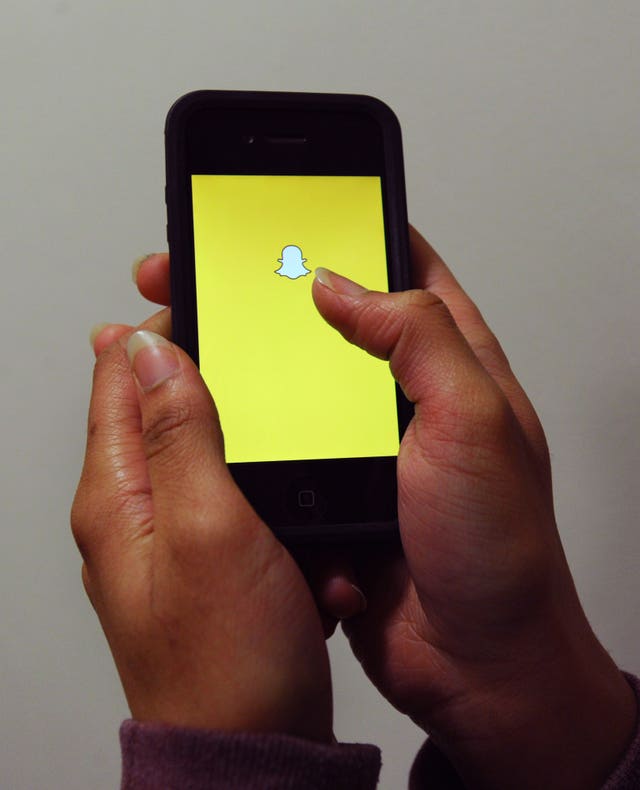Teens are seeking out plastic surgery to look like Snapchat filters, doctors warn
A new phenomenon called Snapchat dysmorphia has popped up.

Filtered selfies can be harmful for those with body dysmorphia and make people lose touch with reality, researchers say.
In a viewpoint piece published in a scientific journal, psychologists argue that photo-editing technology on apps and social media sites are “changing perceptions of beauty around the world”.
They believe it can have a damaging effect on a person’s self-esteem and can trigger body dysmorphic disorder (BDD) – a mental health condition where a person spends a lot of time worrying about flaws in their appearance.
One such example, they say, is “Snapchat dysmorphia”, where people want to look more like a Snapchat filter in real life and are willing to undergo plastic surgery to make it happen.
The term was coined by Dr Tijion Esho, a cosmetic doctor at The Esho Clinic UK and star of E4’s Body Fixers, who said he has had patients who wanted surgery to look more like their filtered versions.

Dr Neelam Vashi, director of the Ethnic Skin Centre at the Boston Medical Centre (BMC), said: “A new phenomenon called ‘Snapchat dysmorphia’ has popped up where patients are seeking out surgery to help them appear like the filtered versions of themselves.”
At present, Snapchat dysmorphia is not classed as a mental health disorder and there is no data to show a rise in the number of surgeries related to these types of filters.
But data from the 2017 Annual American Academy of Facial Plastic and Reconstructive Surgery (AAFPRS) shows around 55% of plastic surgeons in the US report seeing patients who want to improve their appearance in selfies.
BDD affects around 0.5% of the UK population and is closely related to obsessive compulsive disorder (OCD).
Behaviours can include engaging in repetitive actions like skin picking, worrying a lot about a specific area of the body (particularly the face) and spending a lot of time comparing looks with other people’s.
According to the researchers from BMC, some may end up visiting dermatologists or plastic surgeons hoping to change their appearance.

The viewpoint comes following a recent study published in the International Journal of Eating Disorders where researchers analysed the effect of edited selfies on body dissatisfaction among teenage girls and found that those who manipulated their photos more reported a higher level of concern with their bodies.
Dr Vashi and her team recommend psychological interventions such as cognitive behavioral therapy and management of the disorder in an empathetic and non-judgmental way.
She added: “Filtered selfies can make people lose touch with reality, creating the expectation that we are supposed to look perfectly primped all the time.
“This can be especially harmful for teens and those with BDD, and it is important for providers to understand the implications of social media on body image to better treat and counsel our patients.”
Snap Inc, which owns Snapchat, did not immediately respond to a request for comment.
The viewpoint is published in the journal JAMA Facial Plastic Surgery.





